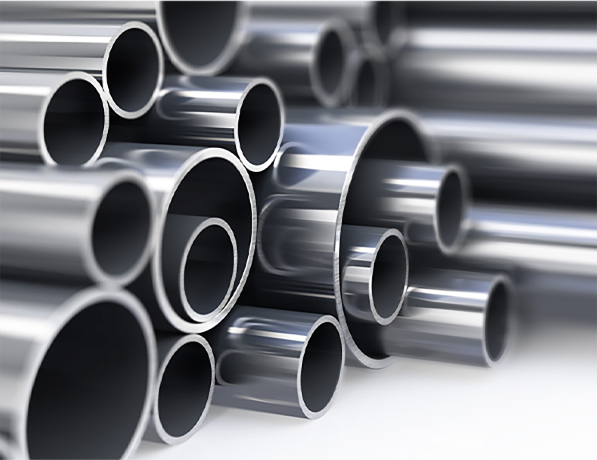

Precision Steel Pipes The Backbone of Modern Engineering
Precision steel pipes are essential components in a multitude of industries, including construction, automotive, aerospace, and manufacturing. Their unique attributes, including durability, strength, and precision, make them indispensable for various applications. This article explores the significance of precision steel pipes, detailing their manufacturing process, applications, advantages, and future developments.
What Are Precision Steel Pipes?
Precision steel pipes are tubes made from high-quality steel that are manufactured to exacting standards. These pipes are characterized by their tight tolerances, smooth finishes, and uniform dimensions. Unlike standard steel pipes, which may have significant variations in size and weight, precision pipes are designed for specific applications that require enhanced performance and reliability.
Manufacturing Process
The manufacturing of precision steel pipes involves several critical processes. Initially, high-quality steel is selected to ensure that the pipes withstand high stress and environmental challenges. The steel is then subjected to processes like cold drawing, which involves pulling the steel through a die to achieve the desired diameter and wall thickness. This method not only improves the dimensional accuracy but also enhances the mechanical properties of the steel through work hardening.
Additionally, processes such as heat treatment are employed to further refine the material's characteristics. This results in steel pipes that can endure high pressures and resist corrosion—a vital property for applications in harsh environments. After manufacturing, precision steel pipes undergo rigorous quality checks, including non-destructive testing, to ensure they meet the relevant industry standards.
Applications of Precision Steel Pipes

Precision steel pipes are utilized across a wide range of sectors. In the automotive industry, for instance, these pipes are used in the construction of exhaust systems, hydraulic lines, and structural components that require precise specifications to maximize safety and performance. In the aerospace field, they are utilized in aircraft frames and engines, where the integrity of materials is critical due to extreme operating conditions.
Moreover, the construction sector relies heavily on precision steel pipes for scaffolding, plumbing, and structural frameworks. Their strength-to-weight ratio makes them an ideal choice where space and weight limitations are a concern. In the energy sector, precision pipes are essential in oil and gas pipelines, ensuring safe and efficient transportation of fluids over long distances.
Advantages of Precision Steel Pipes
One of the significant advantages of precision steel pipes is their ability to be customized for specific needs. Given their high manufacturing precision, these pipes can be produced in varying sizes and shapes, catering to specific project requirements. Furthermore, the uniformity offered by precision pipes leads to minimized material waste and lower production costs.
Another substantial benefit lies in their durability. Precision steel pipes are built to resist corrosion and wear, contributing to longer service life and reduced maintenance costs. This is particularly important in industries where downtime can have significant financial repercussions. Additionally, the enhanced mechanical properties of precision steel pipes result in better performance under stress, making them ideal for critical applications.
Future Developments
The future of precision steel pipes is promising, with advances in technology paving the way for even more refined products. Innovations such as automated manufacturing processes, advanced materials science, and the integration of smart technologies, like IoT sensors, are set to revolutionize the industry. These developments aim to enhance not only the quality and customization of precision steel pipes but also their functionality, making them smarter and more efficient.
In conclusion, precision steel pipes are vital in modern engineering, offering remarkable strength, durability, and efficiency across various applications. As industries continue to evolve, the demand for precision steel pipes will likely increase, further solidifying their role as the backbone of contemporary infrastructure and technology.